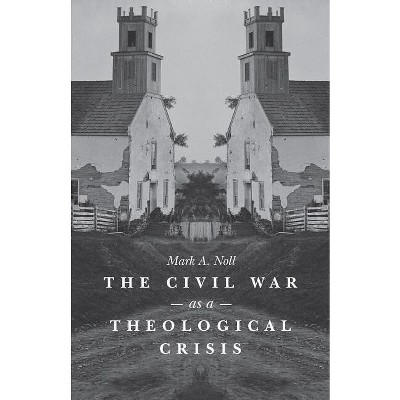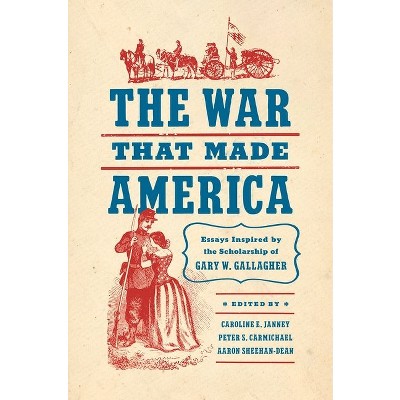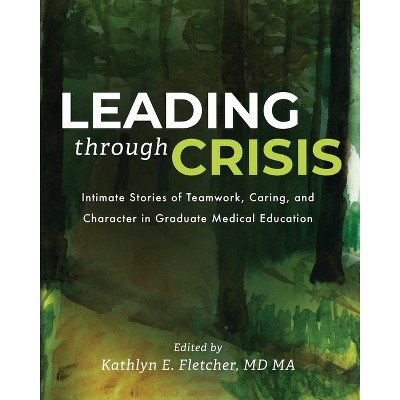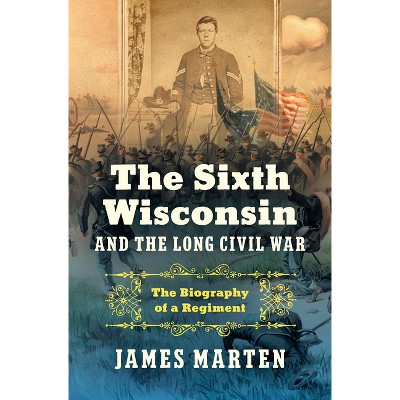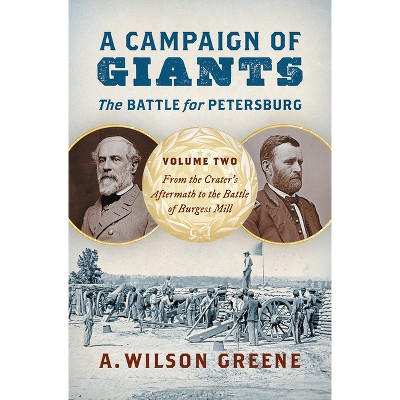Sponsored

Exceptionalism in Crisis - (Civil War America) by Alys D Beverton
In Stock
Sponsored
About this item
Highlights
- Before 1861, US Americans could confidently claim to belong to the New World's "exceptional" republic, unlike other self-governing nations in the Western Hemisphere such as Mexico, which struggled with political violence and unrest.
- About the Author: Alys D. Beverton is senior lecturer in American history at Oxford Brookes University.
- 308 Pages
- History, United States
- Series Name: Civil War America
Description
About the Book
"Before 1861, US Americans could confidently claim to belong to the New World's 'exceptional' republic, unlike other self-governing nations in the Western Hemisphere such as Mexico, which struggled with political violence and unrest. Americans used such comparisons to show themselves and the world that democracy in the United States was working as designed. The outbreak of the Civil War in 1861 exploded this illusion by showing that the United States was in fact not immune to domestic political instability. Joining a growing community of historians who study the war in a global context, Alys D. Beverton examines Mexico's place in the US imagination during the Civil War and postbellum period. Beverton reveals how pro- and antiwar Confederates and Unionists alike used Mexico's long history of political strife to alternately justify and oppose the Civil War and, after 1865, various policies aimed at reuniting the states. All used Mexico as a cautionary tale of how easily a nation could slip into anarchy in the tumultuous nineteenth century, even the so-called exceptional United States"--Book Synopsis
Before 1861, US Americans could confidently claim to belong to the New World's "exceptional" republic, unlike other self-governing nations in the Western Hemisphere such as Mexico, which struggled with political violence and unrest. Americans used such comparisons to show themselves and the world that democracy in the United States was working as designed.
The outbreak of the Civil War in 1861 exploded this illusion by showing that the United States was in fact not immune to domestic political instability. Joining a growing community of historians who study the war in a global context, Alys D. Beverton examines Mexico's place in the US imagination during the Civil War and postbellum period. Beverton reveals how pro- and antiwar Confederates and Unionists alike used Mexico's long history of political strife to alternately justify and oppose the Civil War and, after 1865, various policies aimed at reuniting the states. Both sides used Mexico as a cautionary tale of how easily a nation, even the so-called exceptional United States, could slip into anarchy in the tumultuous nineteenth century.
Review Quotes
"Exceptionalism in Crisis masterfully demonstrates that citizens of the United States developed their understanding of republican nationalism through engagement with the outside world. Alys Beverton's deep research into nineteenth-century print culture reveals that Americans in the U.S. constructed a unique national identity by comparing the progress of their republican experiment with that of Mexico. The American Civil War shattered assumptions of superiority in the U.S.A. by suggesting that the United States and Mexico might share as many similarities as differences. Beverton's work reminds us that alarm about the potential fragility of democratic governments has troubled American political thinkers since at least the 1860s." -- Andre Fleche, author of The Revolution of 1861: The American Civil War in the Age of Nationalist Conflict
"[A] highly original and timely exploration of an aspect of the American Civil War in which the country's vision of itself came crashing from the heavens down to the blood-soaked earth."--Latin American Review of Books
"Beverton carves her niche with her well-researched engagement with the public understanding of Mexico. For this perspective, readers will find this to be the quintessential study."--Emerging Civil War
About the Author
Alys D. Beverton is senior lecturer in American history at Oxford Brookes University.Shipping details
Return details
Trending Non-Fiction






